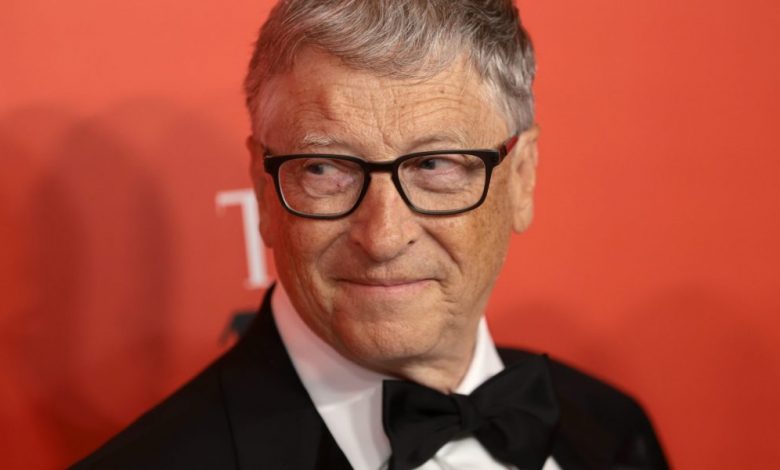Bill Gates mocks Elon Musk’s “fit-of-the-pants” style of leadership

“The Twitter situation is stirring things up,” he said financial times this week in response to a question about whether mending tight cleavages would be more of a technical challenge or a human challenge. “That instead of a series of objective measures being taken by a broad group of people, you’re seeing some kind of seat-of-the-pants activity.”
In short, Gates believes Musk’s approach will cause digital polarization to peak – which could be catastrophic.
The trouble began in October when Musk officially bought the social networking site for $44 billion. Almost immediately, structure and order on Twitter began to crack. Advertisers fled en masse over concerns about its inconsistency, journalists were banned, the entire executive team quit, and thousands of employees were laid off — or came to work to find their entire team gone.
Musk has openly considered moving suspended users to a new platform, including former President Donald Trump, whose account was restored after being suspended for spreading misinformation and inciting violence. Research from Montclair State University found an “immediate, visible, and measurable increase” in hate speech on the platform following Musk’s acquisition. Some of those who were fired or left the company of their own accord were responsible for monitoring and removing abusive content on the platform.
It’s the opposite of what Gates believes the world needs. Massive-reach social media platforms like Twitter have the requisite responsibility, Gates said FT. They “need to focus on the things that are causing riots or causing major misconceptions about the safety of vaccines or masks,” he said, citing misinformation.
Learn from the competition
Content regulation is a growing problem on social media; Meta has notoriously struggled with misinformation, particularly when many have denounced the platform for sharing “fake news” that they believed influenced the 2016 election.
In 2018, Nick Clegg, now Meta’s president of global affairs, helped the company put together an independent oversight board “made up of experts from around the world who have a sort of belief in free speech in general, independent of the company.” to help combat misinformation, he said wealth during a panel at the CEO Initiative conference.
“Welcome to the club,” he added to Musk.
“That’s what happens when you run social media companies. You can’t make everyone happy. And certainly in the United States — half the country thinks you’re taking down too much content, the other half thinks you should be taking down more,” Clegg said.
He suggested that Musk should also consider creating an independent oversight body, although that’s unlikely given Musk dissolved Twitter’s Trust and Safety Council last week. Musk certainly has a lot of work ahead of him – if he stays at the top (majority of Twitter users think he should step down as CEO and he vowed he would do as they said but hasn’t backed down since matter raised). .
Clear, accessible and factual information is a longtime passion of Gates; In his annual year-end letter, which he posted on his blog Tuesday morning, he ranked America’s polarized political landscape as a key factor in reversing progress on global health crises like COVID-19, polio and malaria.
It’s no wonder that a social networking site with 329 million users and a gutted content moderation team strikes Gates as a disaster awaiting.
Our new weekly Impact Report newsletter explores how ESG news and trends are shaping the roles and responsibilities of today’s leaders. Subscribe here.



